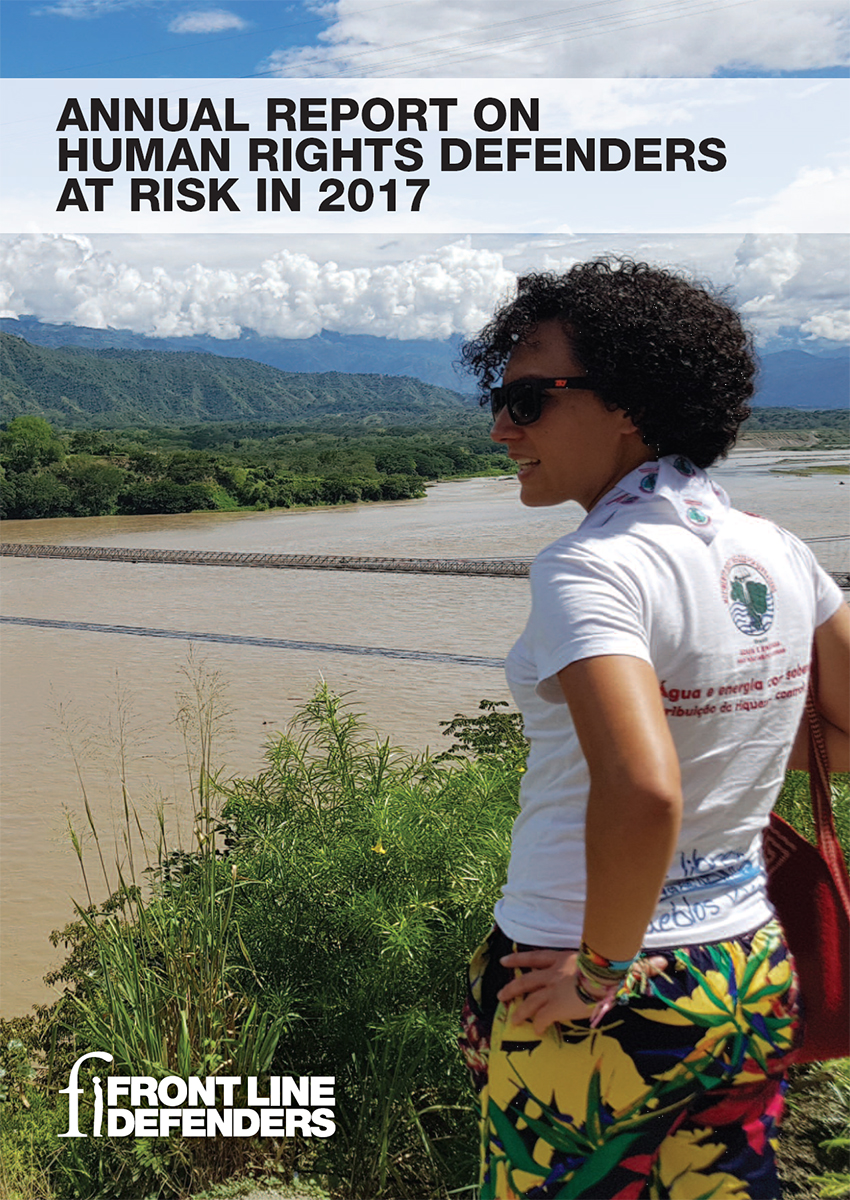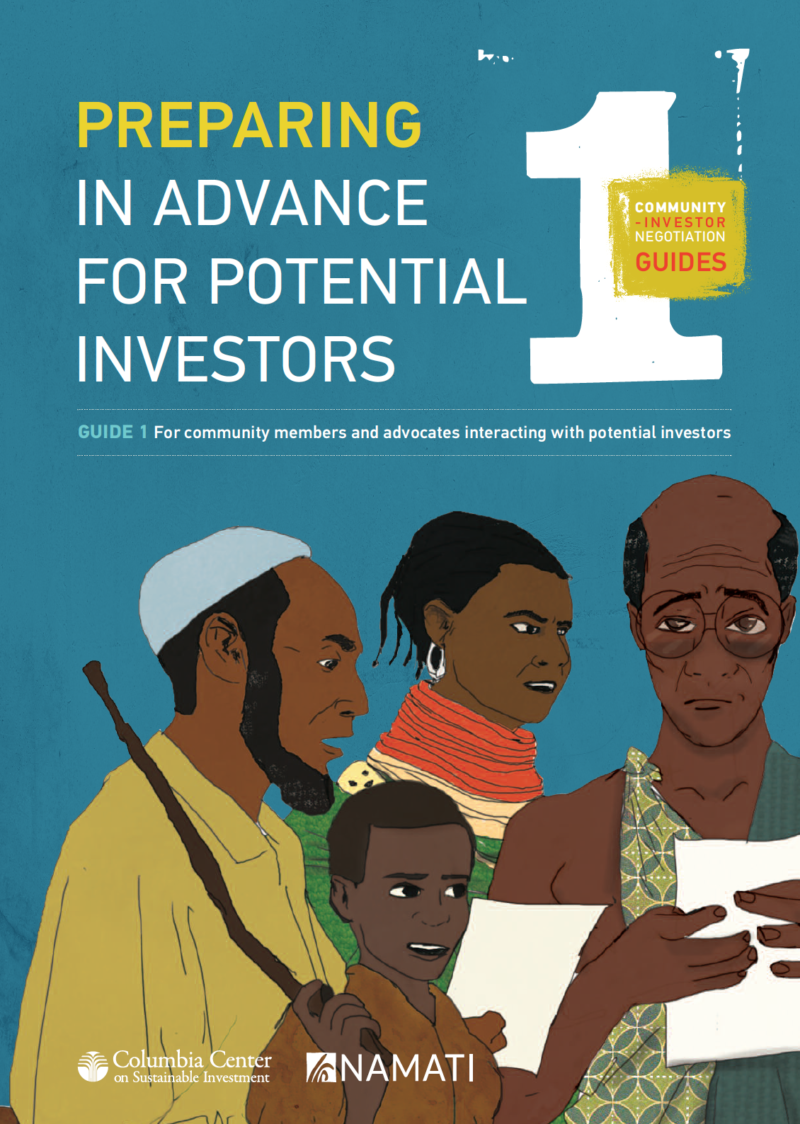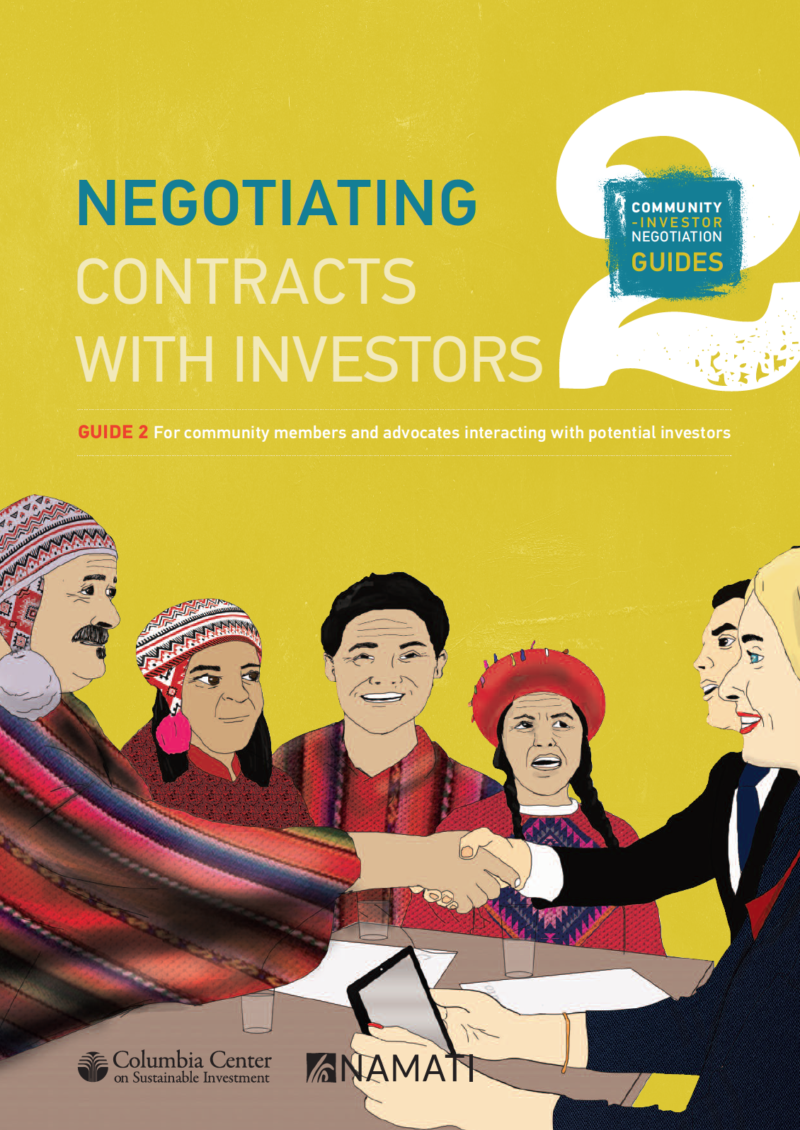How Can Land Tenure Reform Contribute to Poverty Reduction?
Paper written in response to 5 questions asked by the Forum organisers. Under what circumstances can land tenure reform contribute to rural poverty reduction and sustainable natural resources management? How can land tenure reform be carried out in a manner that is pro-poor? What types of actions should donors support in order to promote pro-poor land tenure reform? What actions should be taken to address the particular problems faced by women, indigenous groups and pastoralists in gaining secure access to land?












